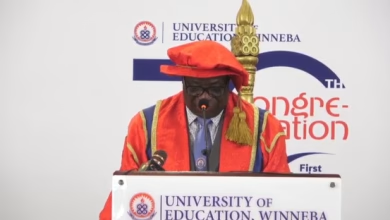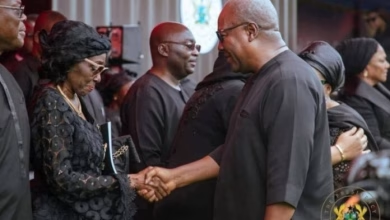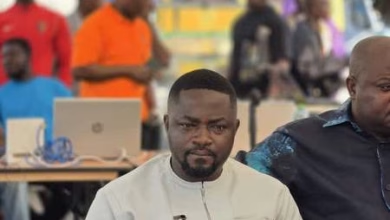Ghanaian CSOs Need Climate Change Knowledge Boost to Tackle Impact

- Dr. Samuel Dotse, urges for increased climate change knowledge
- He emphasizes that building their capacity is crucial for effective action against climate change
- The capacity plan specifically targets relevant CSOs in climate change and related sectors
Dr. Samuel Dotse, Project Coordinator at HATOF Foundation, urges for increased climate change knowledge among Civil Society Organizations (CSOs) in Ghana.
He emphasizes that building their capacity is crucial for effective action against climate change at all levels.
His call comes in response to a report revealing low participation (30%) from CSOs engaged in implementing the Rio Convention in Ghana. Dr. Dotse sees this as an indicator of limited capacity and the need for improvement.
“The low response rate highlights the need for capacity building within the civil society space,” he stated. He also identified a lack of clear vision as another challenge hindering some CSOs’ operations.
Dr. Dotse made these remarks at the Green Climate Fund CSO Readiness Programme and Capacity Validation Workshop in Accra. He explained that HATOF Foundation, with funding support, is actively engaged in building CSO capacity and knowledge on climate change. This initiative aims to empower them to contribute effectively to the implementation of Ghana’s Nationally Determined Contributions (NDCs).
The capacity plan specifically targets relevant CSOs in climate change and related sectors. It equips them with the necessary skills to contribute to efficient NDC implementation.
National Consultant Dr. Raymond Babanawo echoed Dr. Dotse’s concerns. He noted that implementing NDCs presents challenges for both CSOs and government agencies. These challenges include setting clear goals, analyzing policy options, and securing financial and technical resources.
“Successfully implementing NDCs requires significant data, knowledge, and the capacity to assess policy options, alongside the necessary financial and human resources,” he concluded.






